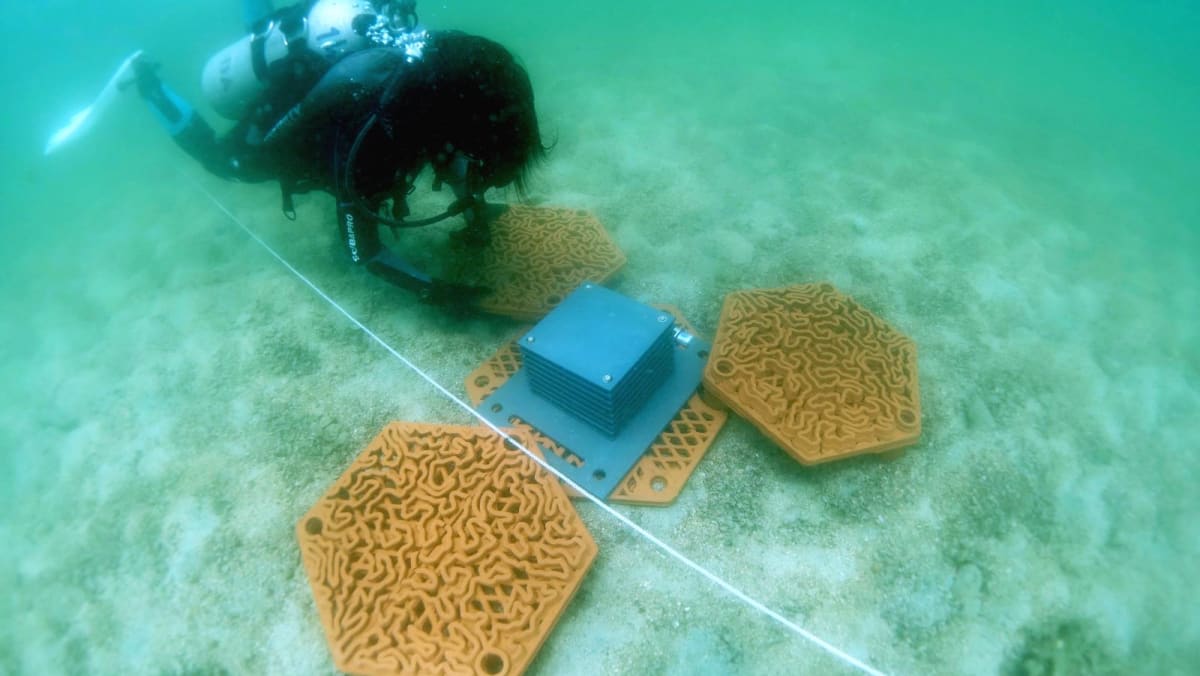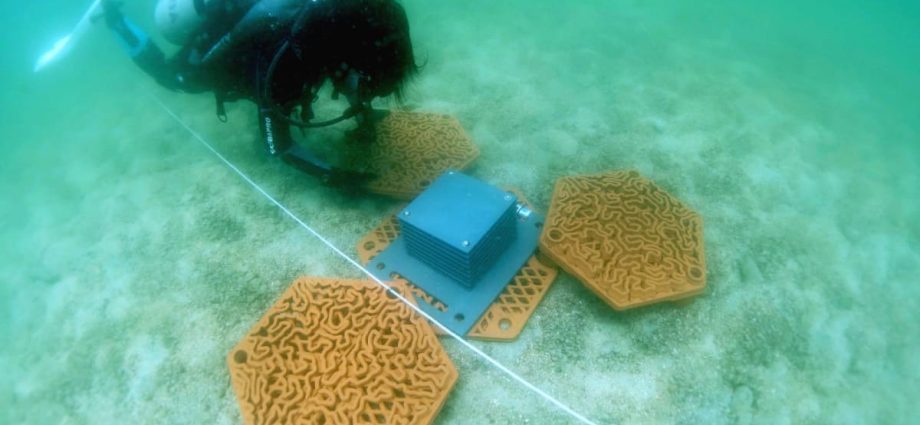
PRAGMATIC SOLUTIONS NEEDED
The benefits coral reefs provide are vast.
Coral reefs harbour about 25 per cent of ocean biodiversity and provide livelihoods to about one billion people, either directly or indirectly.
Their loss and damage would have major environmental and economic impacts, including in Southeast Asia, home to some of the world’s most precious reef ecosystems.
The Intergovernmental Panel on Climate Change (IPCC) estimated in a major report last year that the degradation of reefs could directly affect the livelihoods of about 4.5 million people in Southeast Asia and the Indian Ocean region alone.
Already, sea temperatures surrounding the coastal areas of the Coral Triangle, a critical ecosystem spanning Indonesia, Malaysia, the Philippines, Papua New Guinea, Timor Leste and Solomon Islands, are rising approximately 0.1 degree Celsius every year and could be 1.4 degrees Celsius warmer by the end of the century.
While the challenge to conserve or restore reefs “might seem impossible”, science and technology could “redefine the boundaries of the possible”, said Carlos Duarte, executive director of the Coral Research & Development Accelerator Platform (CORDAP) launched by the G20 to accelerate coral studies.
Professor Duarte has been involved in marine studies for more than four decades and still believes the ocean’s role in the climate discussion is underestimated and its research under-resourced. He estimates funding for ocean research is only 10 per cent of that for terrestrial studies.
“We have plenty of evidence of how we ignore the oceans in every aspect of life and investments in science, technology and conservation,” he said.
He argued that a boost in finance for coral research and technology could result in solutions for thousands of square kilometres of coral.
Instead of sophisticated methods that might work on a small scale, Prof Duarte believes in “pragmatic solutions that are science-based, that are innovative, but that can be applied in every context from developing nations to developed nations”.

